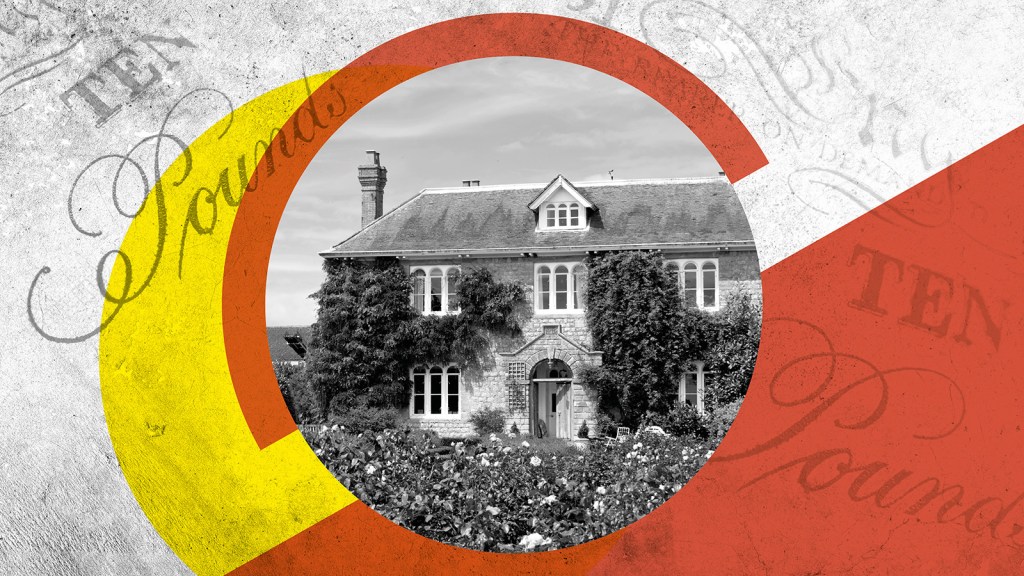Debate Over Increasing Capital Gains Tax to 40 Percent
As the government gears up to introduce tax hikes in the upcoming budget, capital gains tax (CGT) is taking center stage. This tax is levied on profits from the sale of assets, including property and shares, currently set at 20 percent for shares and 28 percent for property. We turn to two financial experts for their perspectives on whether these rates should be increased.
Sarah Coles, a financial expert at Hargreaves Lansdown, expresses caution regarding significant increases in CGT. «While the government is in need of additional revenue, a raised CGT might not be the most effective solution, as it could deter investment in British businesses, ultimately resulting in reduced tax collection,» she explains.

The structure of CGT can be complex, as the rate imposed is dependent on one’s income tax level and whether gains are derived from property that isn’t a primary residence. For basic rate taxpayers, the CGT on property gains is set at 18 percent, while higher rate taxpayers face a 24 percent levy. Gains arising from shares are taxed at rates of 10 percent and 20 percent respectively.
Importantly, CGT applies differently to diverse asset types, such as land, property, and shares. Hence, it is crucial to consider shares and stocks as unique categories when discussing CGT reform.
Historically, CGT rates have fluctuated, and the government could introduce further changes. Previously, CGT rates were aligned with income tax, featuring taper relief, but have since been modified to include multiple rates with lower allowances and no taper relief.
If CGT rates were to mirror income tax levels, this would represent a significant hike for investors, with basic-rate taxpayers facing a doubling of their tax rate and additional-rate taxpayers encountering a 125 percent increase. Such substantial increases could discourage investment behavior, with many choosing to sell before rate changes or holding assets until death, which triggers a reset on capital gains tax.
High CGT rates could further aggravate the UK’s existing investment challenge, as domestic investment levels lag compared to global standards. To foster a healthier investment environment, the tax regime should provide incentives, rather than implementing punitive measures like elevated CGT rates, which could hinder long-term investment strategies.
Support for Increasing CGT
Tim Stovold, from Moore Kingston Smith, advocates for a potential increase in CGT, particularly in light of the significant fiscal shortfall in the Treasury, projected at £22 billion. He argues that relying solely on economic growth to close this gap is overly optimistic.
Stovold poses an essential moral question: «Why should gains from asset sales be subjected to lower tax rates than income earned through work?»

However, he cautions that if CGT is raised to 40 percent, corresponding reliefs must be established to counteract inflation effects on asset values and protect entrepreneurs’ investments in their businesses from excessive taxation.
Historically, tax reliefs such as indexation and taper relief have mitigated the impacts of inflation on CGT. By reintroducing these provisions, gains from short-term ownership could be taxed comparably to income, while incentivizing longer-term investments with favorable rates.
Entrepreneurs can currently benefit from rates as low as 10 percent through business asset disposal relief on gains up to £1 million. If the CGT rate were raised significantly, revising this relief would be vital to maintain a friendly business environment and encourage sustained investment in the UK economy.
The Office of Tax Simplification’s 2020 report indicated that aligning CGT with income tax could potentially yield an additional £14 billion annually; however, the report also warned that behavioral changes could lead to lower tax revenues. Nevertheless, even modest increases in tax revenue would be beneficial in the current economic climate.






